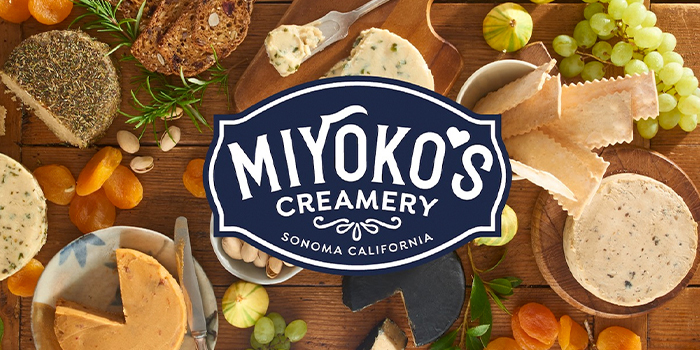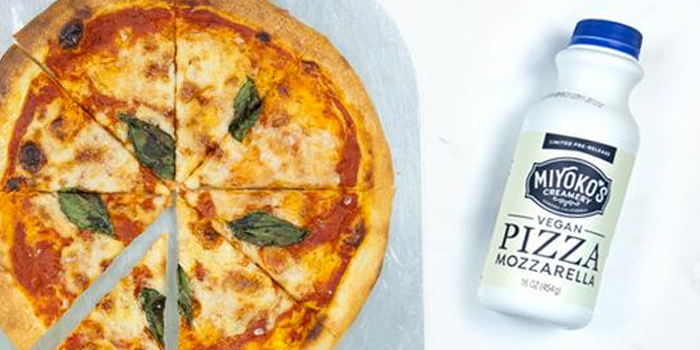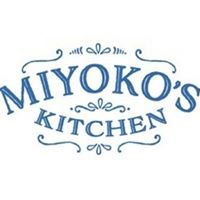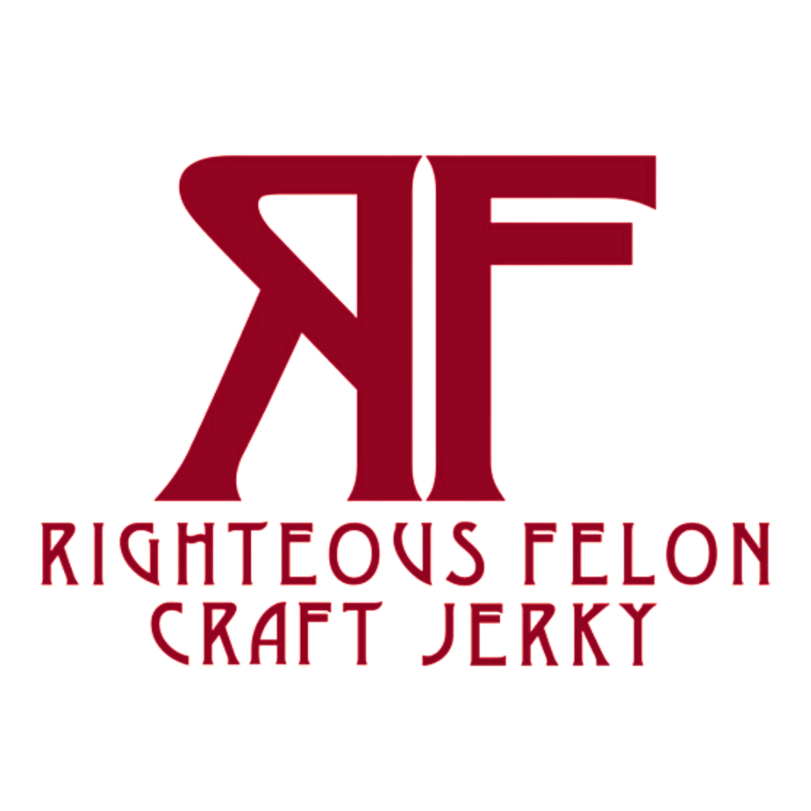Miyoko’s Creamery Raises $52 Million

Plant-based cheese and butter maker Miyoko’s Creamery today announced the closing of a $52 million funding round which the company plans to use to grow distribution and launch new dairy-free cheese innovations.
Powerplant Partners led the round, investing $40 million, with additional participation from CPT Capital and previous investors Cult Capital (formerly JMK Consumer Partners), Obvious Ventures and Stray Dog Capital. The new funding brings the company’s total funding raised to-date to $77 million.
Founded in 2014, the Petaluma, California-based company uses lactic acid bacteria and enzymes to convert plant milks like cashew milk and oat milk into dairy-free, vegan products including butter, cream cheese, and cheese shreds, slices and blocks. The brand is currently sold in 30,000 stores nationwide, including Whole Foods Market, Target and Trader Joe’s, and is also distributed in Canada, Singapore, Hong Kong and South Africa.
Founder and CEO Miyoko Schinner said the company had originally planned to raise capital last year, but ultimately chose to wait until some concern over the impact of the Covid-19 pandemic had settled. Instead, she said the company stretched its cash and cut expenses, while still managing to grow sales by 70%.
“We’ve been a very scrappy company [and] we’ve been a company that’s been very capital efficient, because we just wanted to sort of grow a little bit more organically,” Schinner said. “For us, that organic growth was still very, very rapid. And we are at a point now where we feel that we have enough market penetration that we need to really create more brand awareness.”
Part of that consumer awareness will come via new marketing campaigns. Last week, the company partnered with a number of Olympic athletes including track and field gold medalist David Verburg and three-time soccer gold medalist Heather Mitts for its ongoing social media series “Cheese of Champs.”
Still, as it pushes into the conventional and club channels, to move beyond its existing consumer base the company will need to adjust its marketing messages. Schinner said 70% of Miyoko’s consumers aren’t actually vegan, so new campaigns need to also discuss the larger benefits of eating plant-based.
“In the very beginning, most of our consumers were vegan and some were lactose intolerant, but it’s actually flipped,” she said. “I do believe that the average consumer is waking up to the need to change their cheese offering for sustainability, animal welfare and health.”

Another strategy in reaching more shoppers will be to launch more products, creating a bigger brand block on shelves and offering alternatives to whatever dairy product consumers seek to replace. New retail innovations will include a liquid vegan mozzarella cheese made with cashew milk that pours like a sauce and forms a melted cheese texture when baked. The product was initially produced for foodservice operators and is being used on a vegan pizza menu item at California-based pizza chain Pizza My Heart. The company is also testing out the product’s direct-to-consumer potential, recently selling the bottled cheese sauce online in a limited launch that sold out within the hour, Schinner said.
Miyoko’s also plans to launch reformulations of its Medium Cheddar and Pepper Jack cheeses launched last year to use more “whole food ingredients” rather than natural flavors, she said. Reformulations of the products will likely hit stores this fall, she said.
“[Instead of] making a cheese that we could be proud of, we kind of rushed to the marketplace,” she said. “And I just wasn’t happy with the quality. We want fermentation, enzymes, yeast, etcetera to create the flavor profile, rather than a bottle of natural flavors.”
Other recent innovations include Vegan Cheddar Sticks launched exclusively at Whole Foods earlier this summer, with nationwide distribution set to follow in September, as well as a vegan cottage cheese product slated for later this year.
Though the company already has seen significant growth, achieving 90% ACV in the natural channel, now the focus needs to really turn to expanding in the conventional and club channels, Schinner said. While plant-based cheese sales were up 42.5% to $270 million last year according to the Plant Based Foods Association, alt-cheese products have still seen slower consumer acceptance when compared to other plant-based categories like milk. While issues with the taste and texture of plant-based cheese products have contributed to this, Schinner said a larger issue she’s seen is consumer awareness. She’s hopeful though that retailers’ newer merchandising strategy of placing alternative cheese products alongside traditional cheese, rather than in a separate section of the store, will help drive sales.
“The average consumer does not know there’s an alternative set,” she said. “If [consumers] are cheese lovers, they’re not going to where tofu is sold. I do believe that the category has to change how these products are marketed in order for us to get that market share.”

















